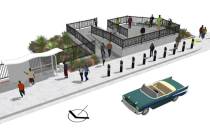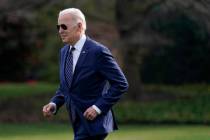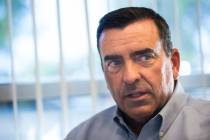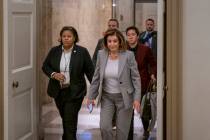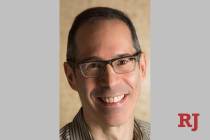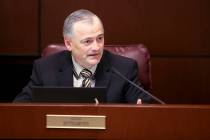Nevada lawmakers lay out plans for 2019 health bills
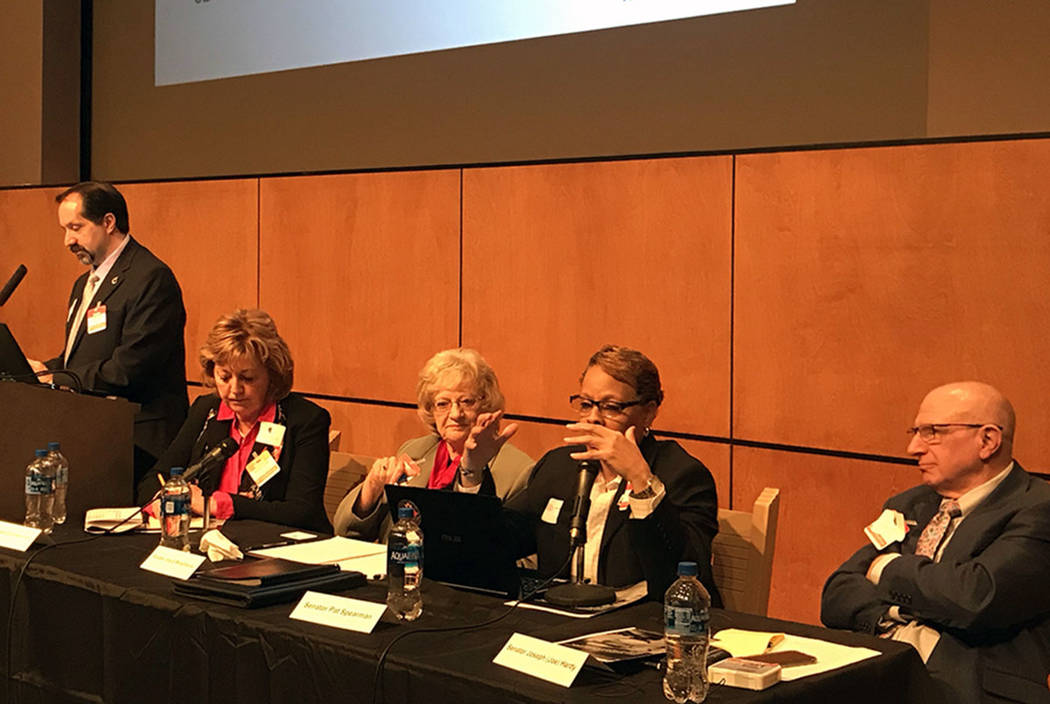
Legislators bemoaned the gaps in Nevada’s health care system, but didn’t present specific plans for a fix at a panel discussion in Las Vegas Friday.
Republican Sen. Joseph Hardy, a medical doctor, joined Democratic Sens. Joyce Woodhouse and Pat Spearman and Sen.-elect Marilyn Dondero Loop at the Nevada Population Health Conference held on UnitedHealthcare’s campus to discuss health care issues plaguing Nevada and the bills they plan to submit for the upcoming legislative session.
And while each lamented the dearth in quality mental health providers in Nevada, the ongoing concerns with opioid overprescription and overdose and low Medicaid reimbursements that make retaining physicians difficult in a state where there aren’t enough, none presented plans for a fix.
Instead, the senators said they planned to address health care for the state’s elderly population and tackle high costs of medical care.
Health care costs
Hardy said he plans to introduce a measure he hopes will put a stop to surprise and balance billing, the practice of billing patients for care by an out-of-network provider after receiving care at an in-network hospital. It’s left patients with up to thousands of dollars in out-of-pocket medical costs nationwide.
“We can say, ‘OK, what’s fair to the doctor who’s not covered by the insurance,’ and so what’s fair between the patient and the doctor so there’s some rationality to it,” he said.
Instead of capping how much hospitals could charge insurers for select services, Hardy said he’d draft a bill that mandates a “flexible amount” hospitals could charge based on national averages. Organizations like FAIR Health, he said, collect that data and publish it online for public consumption.
Hardy introduced a similar bill in the 2017 session that never went to a vote. It would’ve required insurers to pay out-of-network doctors who treated patients at an in-network facility.
Meanwhile, Spearman said she will present a bill to study the costs of health care in Nevada to find areas of improvement.
“If we can save $1,000 here, $10 there, $2,000 there, eventually that adds up, and so some of these things we’re talking about … some of that can be paid for through cost savings in other areas,” she said. “So I want to make sure we’re doing things very smartly, and I want to make sure that we’re doing things as transparent as we possibly can.”
The elderly
After a 2017 bill sponsored by Woodhouse created a committee to study the behavioral and cognitive needs of the state’s elderly in the interim session, that committee plans to bring four bills to the Senate floor this session, Woodhouse said, in addition to a fifth bill she plans to sponsor alone.
Included in those bills is a request for funding to sponsor 10 advanced practice registered nurses and certified nursing assistants to participate in the Western Interstate Commission for Higher Education, a nonprofit that connects undergraduate and graduate students with academic programs across 15 Western states at lower tuition rates. The bill, Woodhouse said, would target students interested in geriatric training.
Another bill would alter guardianship laws for Nevadans with dementia, allowing them to make decisions autonomously “as long as they can,” Woodhouse said.
“This (bill) is probably going to have some pushback,” she anticipated. “We want to make sure we don’t cause conflict for people.”
The committee will also present a bill that would pilot a community-based program for respite care, adult day care and assisted living in one rural county.
Help for children
Hardy and Spearman both discussed plans to introduce a bill that would allocate additional funding for hearing aids for children covered by Medicaid.
“If you are a child who your family happens to be on Medicaid, that shouldn’t mean that you don’t get top of the line,” Spearman said.
Spearman also said she will introduce a bill that would expand access to federally qualified health centers near schools populated by students from low-income households. FQHCs are state and federally funded health providers that typically cover the uninsured and underinsured, and are considered community safety nets.
Dondero Loop, who served in the state assembly from 2008 until 2014, deferred to the other panelists to discuss planned legislative changes.
Contact Jessie Bekker at jbekker@reviewjournal.com or 702-380-4563. Follow @jessiebekks on Twitter.





